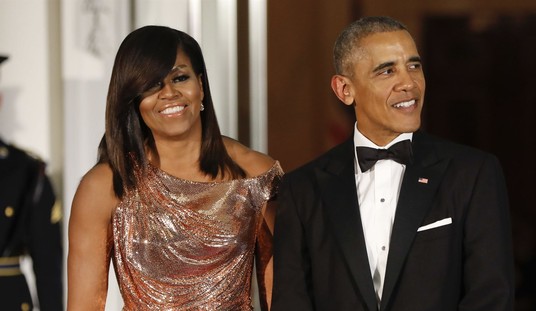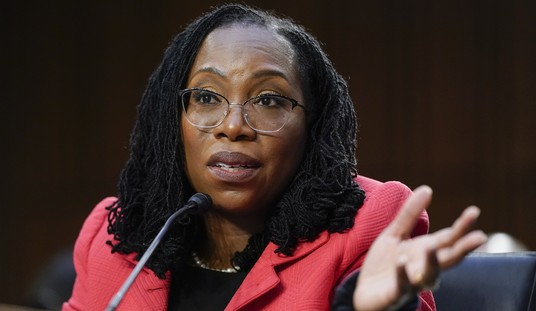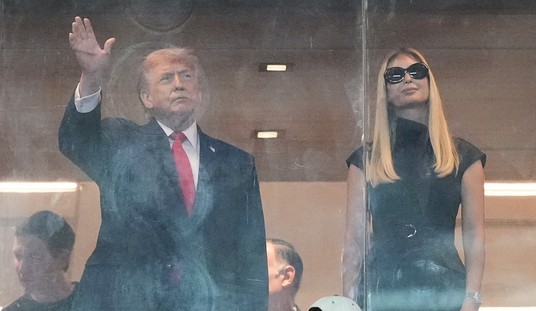Is the real economy like the board game Monopoly? We can pick out particular similarities, such as the instance cited above. The game’s banker does issue an unlimited amount of paper money which has no inherent value. For the most part, however, the comparison falls flat.
Last year, two leftist authors used the board game as an analogy for “the danger of raw, unfettered capitalism.” Published at Truthout, Thom Hartmann and Sam Sacks paint a dramatic picture of how the cannibalistic final rounds of a Monopoly game model both the recession of 2008 and a larger economic collapse yet to come. They argue that a high concentration of wealth in the hands of a few initiates an economic collapse as an endless quest for profit drains consumers and ultimately deprives even the rich, ending the game. They write:
But let’s assume the Monopoly game doesn’t end there. Let’s assume the broke players keep rolling the dice and keep going around the board. They essentially keep living their lives desperate and broke, using their credit cards and home lines of credit to stay in the game. Maybe they end up in jail. If they’re lucky, they land on Baltic Avenue and can afford to stay a night in the slums.
Meanwhile, the oligarch who owns everything can no longer collect any income. The other players can’t afford to pay rent, they can’t pay utilities, and they can’t ride on the railroads. Eventually, without consumers spending money, the Monopoly oligarch goes broke, too. His properties and businesses disappear and suddenly everyone is broke!
That’s what Monopoly’s version of economic collapse looks like. And it’s very similar to what global economic collapse in the real world looks like, too.
Their analysis proves worth reading in its entirety, if only to fully demonstrate its error. Their argument rests upon premises which fall apart when tested.
Monopoly plays according to rules designed to force an outcome. The design intends each player to go bankrupt, save the winner. To the extent this model applies in the real world, it is the product of governments intervening in what would otherwise be a free market. Such a market would enforce only those rules necessary to protect individual rights. Hartmann and Sacks reference the bailouts of 2007 and 2008 as a consequence of government allowing corporations and banks to become “too big to fail.” Yet, many government interventions created the Monopoly-like conditions which led to those bailouts and the global recession. The solution presents as greater liberty, not more control.
As an analogy, Monopoly actually indicts statist intervention rather than capitalism. The game models a command-and-control economy driven by mandate rather than value. The number of competitors remains limited, as do the type and arrangement of property. Consumers are compelled into transactions by chance and issued a strictly limited income. Once the preset amount of wealth has been claimed, no more can be created.
A free market would look nothing like Monopoly. Transactions would never be compelled. Wealth creation would not be capped. And competitors could freely enter and exit the market. The “game” would continue as long as people continued pursuing their values and creating wealth. A free-market economy would not be limited to a predefined pool of resources, but propelled by the unlimited resource of the human mind.
The Left has mastered the art of projecting its flaws upon a capitalism which does not exist. Capitalism rests upon individual choice. True monopolies can only manifest when protected by force. Remove the force, and you remove the monopoly. If players could choose whether or not to pay rent when landing on Boardwalk, the game would never end.











Join the conversation as a VIP Member